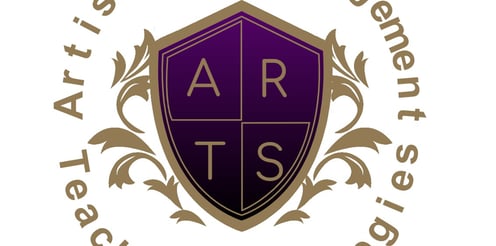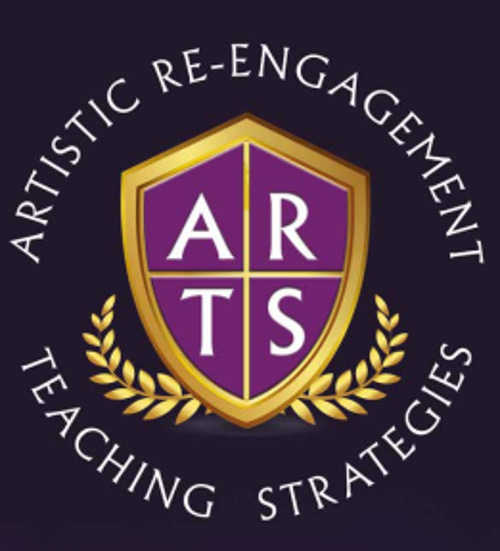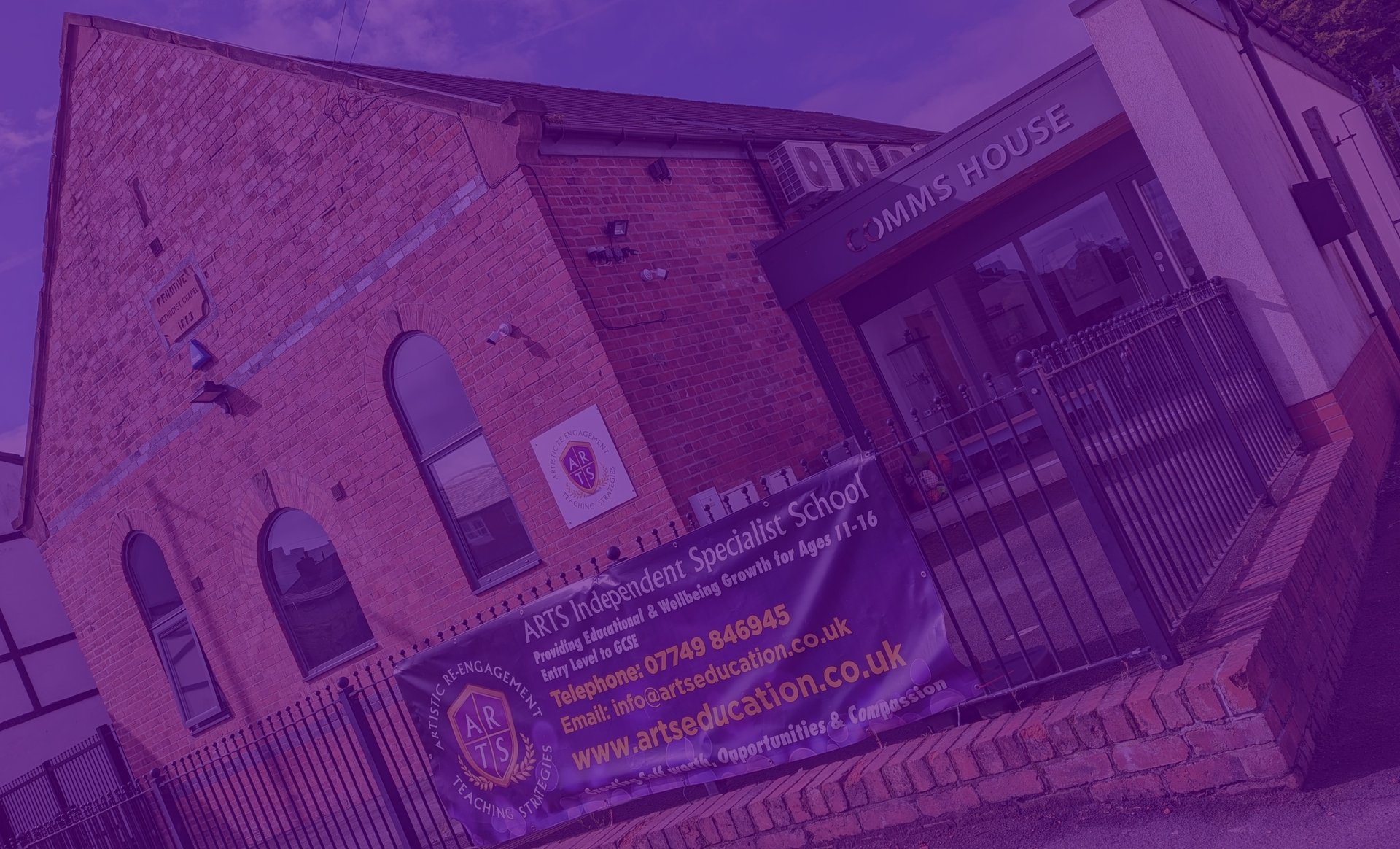


To Create: Self-worth, Opportunities & Compassion
Key Stage 3 Photography
Photography at KS3 is delivered as a stand alone subject. Units will generally last 6 weeks and are designed to give a taste of the learning and opportunities that GCSE photography can offer.
We begin with an introduction to Adobe Photoshop Creative Suite, an image manipulation program that provides all the tools you need to edit, improve and create impressive photography. Students are also taught how to use compact digital cameras providing photos for future ideas and experiments.
Students are assessed on their knowledge and skills at the end of the unit.
Key Stage 4 Photography
At KS4 pupils will have gained the confidence to begin GCSE Photography.
This course is ideal for students who want to combine their interest in photography with digital technology. Studying this subject will provide students with a portfolio of work which can be used to apply for creative courses at college.
The course is computer based and all research and work is presented as a portfolio using PowerPoint. This course is well suited to students who want to combine their passion for being creative with an interest in computers and digital technology.
Photography can lead to careers in:
- Fashion
- Sport illustration
- Journalism
- Conservation
- Advertising
- Freelance Photographer
- Art Director
Students are taught how to use advanced features of Adobe Photoshop Creative suite, to effectively produce their own creative and original artwork. They will also have access to a range of advanced digital and analogue photography equipment and masterclass workshops to include micro photography, with off-site visits and options to work with professional photographers. They are also taught how to record their work using both compact digital cameras and digital SLR cameras. For GCSE assessment, pupils will create their own digital folder which will be accessible for parents/carers to view on the school website, once external moderation has been completed.
Assessment is based on the four key learning objectives:
AO1: Develop Ideas
The ability to research and analyse the photography by historic and current photography. You will need to be able to identify artists that inspire your ideas and photographic style. (worth 25% of total marks)
AO2: Refine Ideas
The ability to be creative and explore new techniques, equipment and ideas. You will need to be open minded, reflective and enthusiastic to demonstration your confidence and skills with experimentation. (worth 25% of total marks)
AO3: Record Ideas
The ability to use photos, drawings, sketches and annotation to record your ideas, thoughts and planning. Photographs will need to demonstrate skill and understanding of visual language (such as focal point, composition and depth of field). You do not need to be skilled at drawing but colour, labels and annotation can help communicate your thoughts and planning. (worth 25% of total marks)
AO4: Present Ideas
The ability to present a project that addresses and follows a specific theme (eg. architecture). Students must also demonstrate the ability to consider audience and purpose as well as plan and design a final piece (2D, 3D or film/animation) that concludes their project. (worth 25% of total marks)
The final GCSE grade is based on a coursework unit (Unit 1: 60%) and an externally set assignment (Unit 2: 40%). In addition to normal teaching, unit 2 requires students to work independently (under exam conditions) for a 10 hour period,this will be supported by specialist staff and weekly 1:1 course monitoring and evaluation meetings.









